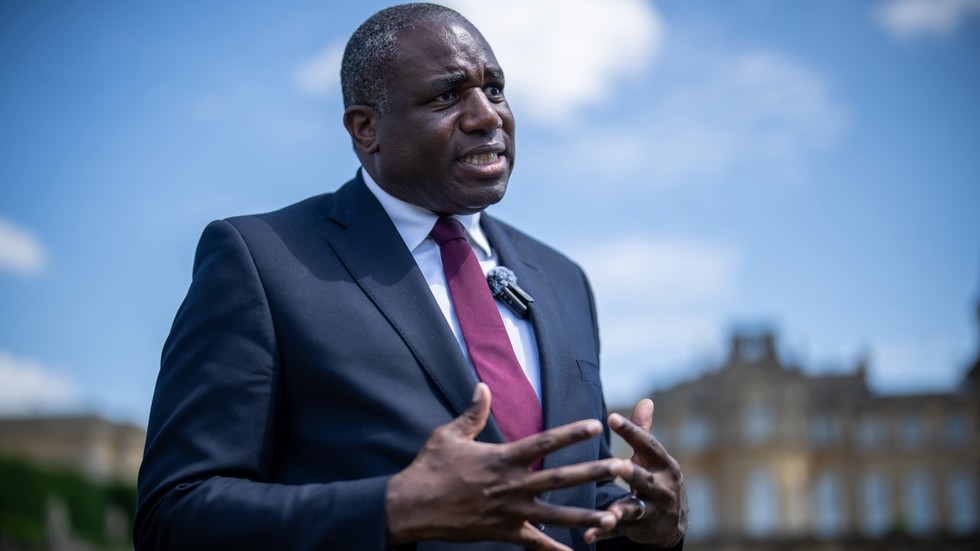David Lammy, the UK Foreign Secretary, is advocating for a new form of British accountability in response to the transatlantic slave trade, emphasizing improved trade relations with African nations instead of monetary reparations. As he travels through Nigeria and South Africa, Lammy acknowledges the deep scars left by the horrific and horrendous history of slavery. He identifies personally with this legacy as a descendant of enslaved individuals and aims to foster a dialogue around reconciliation that respects African perspectives and needs. His stance marks a significant shift in how the UK government engages with its colonial past, proposing that developing nations could benefit from British scientific and technical support rather than cash compensations.
Despite this proposed shift, Prime Minister Keir Starmer’s cabinet has explicitly ruled out any form of reparations, including financial payments or non-financial reparatory justice. A spokesperson emphasized that the UK would not engage in reparations nor issue an apology for the transatlantic slave trade. This refusal comes in the context of a recent request from Caribbean countries seeking £200 billion in compensation for the legacy of slavery. Although the British Prime Minister stated that reparations were not a topic at the recent Commonwealth meeting, a substantial majority of Commonwealth members endorsed a statement condemning slavery as a “crime against humanity” and called for discussions on reparatory justice.
Historically, Britain’s involvement in the slave trade began in the 16th century, eventually becoming the largest slave trafficker globally by the 18th century. The UK shifted its stance in the 19th century, formally banning the slave trade in 1807 and abolishing slavery in the colonies by 1833. This historical context underlines the ongoing debates about reparative justice, with scholars and economic analysts proposing staggering figures for reparations owed due to centuries of exploitation, highlighting the continuing impact of colonialism.
Reverend Dr. Michael Banner from Cambridge University estimates that the UK owes the Caribbean around £205 billion in reparations, while the Brattle Group has suggested reparations could range as high as £19 trillion, reflecting the immense scale and consequences of Britain’s historic slaveholding practices. Lammy’s trip to Africa represents more than a diplomatic outreach; it signals a recognition of the need for a long-term consultation process that centers African voices and interests, aspiring to redefine Britain’s approach to its former colonies.
Furthermore, Lammy has articulated that the process will span over five months, during which time the UK will aim to listen to diverse African perspectives and goals. This initiative signals a potential shift towards a more collaborative future, emphasizing equity between the UK and African nations. The foreign secretary’s visit comes amidst a broader call for a reassessment of Britain’s historical role in slavery and an acknowledgment of its long-standing economic ramifications for African countries.
Ultimately, Lammy’s outreach aims to establish a foundation for a relationship built on mutual benefit rather than solely on the historical grievances stemming from colonial exploitation. By prioritizing technical and scientific collaboration, Lammy hopes to foster a dialogue rooted in understanding and respect for African nations, embarking on a path of reconciliation that seeks to heal historical wounds while addressing contemporary issues in the wake of enduring inequities.

